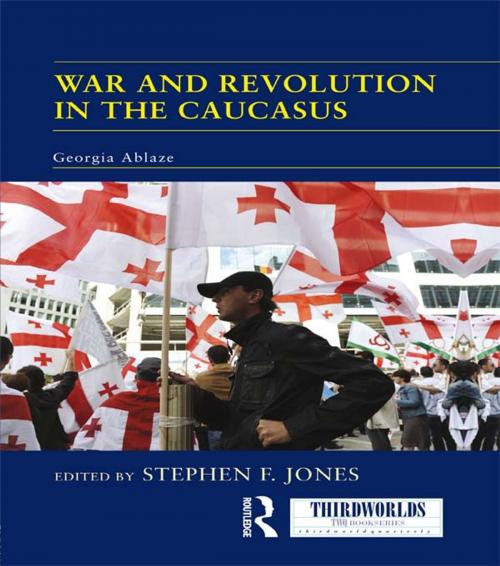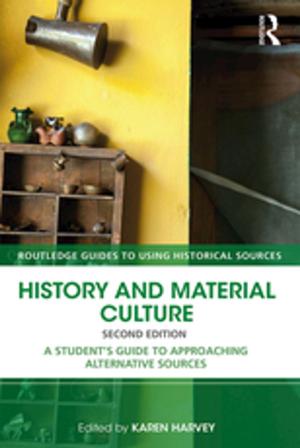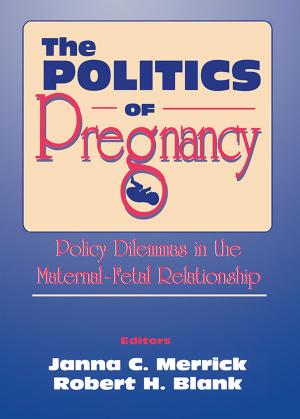War and Revolution in the Caucasus
Georgia Ablaze
Nonfiction, Social & Cultural Studies, Political Science, International, International Relations| Author: | ISBN: | 9781317987628 | |
| Publisher: | Taylor and Francis | Publication: | September 13, 2013 |
| Imprint: | Routledge | Language: | English |
| Author: | |
| ISBN: | 9781317987628 |
| Publisher: | Taylor and Francis |
| Publication: | September 13, 2013 |
| Imprint: | Routledge |
| Language: | English |
The South Caucasus has traditionally been a playground of contesting empires. This region, on the edge of Europe, is associated in Western minds with ethnic conflict and geopolitical struggles in August 2008. Yet, another war broke out in this distant European periphery as Russia and Georgia clashed over the secessionist territory of South Ossetia. The war had global ramifications culminating in deepening tensions between Russia on the one hand, and Europe and the USA on the other. Speculation on the causes and consequences of the war focused on Great Power rivalries and a new Great Game, on oil pipeline routes, and Russian imperial aspirations.
This book takes a different tack which focuses on the domestic roots of the August 2008 war. Collectively the authors in this volume present a new multidimensional context for the war. They analyse historical relations between national minorities in the region, look at the link between democratic development, state-building, and war, and explore the role of leadership and public opinion. Digging beneath often simplistic geopolitical explanations, the authors give the national minorities and Georgians themselves, the voice that is often forgotten by Western analysts.
This book was based on a special issue of Central Asian Survey.
The South Caucasus has traditionally been a playground of contesting empires. This region, on the edge of Europe, is associated in Western minds with ethnic conflict and geopolitical struggles in August 2008. Yet, another war broke out in this distant European periphery as Russia and Georgia clashed over the secessionist territory of South Ossetia. The war had global ramifications culminating in deepening tensions between Russia on the one hand, and Europe and the USA on the other. Speculation on the causes and consequences of the war focused on Great Power rivalries and a new Great Game, on oil pipeline routes, and Russian imperial aspirations.
This book takes a different tack which focuses on the domestic roots of the August 2008 war. Collectively the authors in this volume present a new multidimensional context for the war. They analyse historical relations between national minorities in the region, look at the link between democratic development, state-building, and war, and explore the role of leadership and public opinion. Digging beneath often simplistic geopolitical explanations, the authors give the national minorities and Georgians themselves, the voice that is often forgotten by Western analysts.
This book was based on a special issue of Central Asian Survey.















